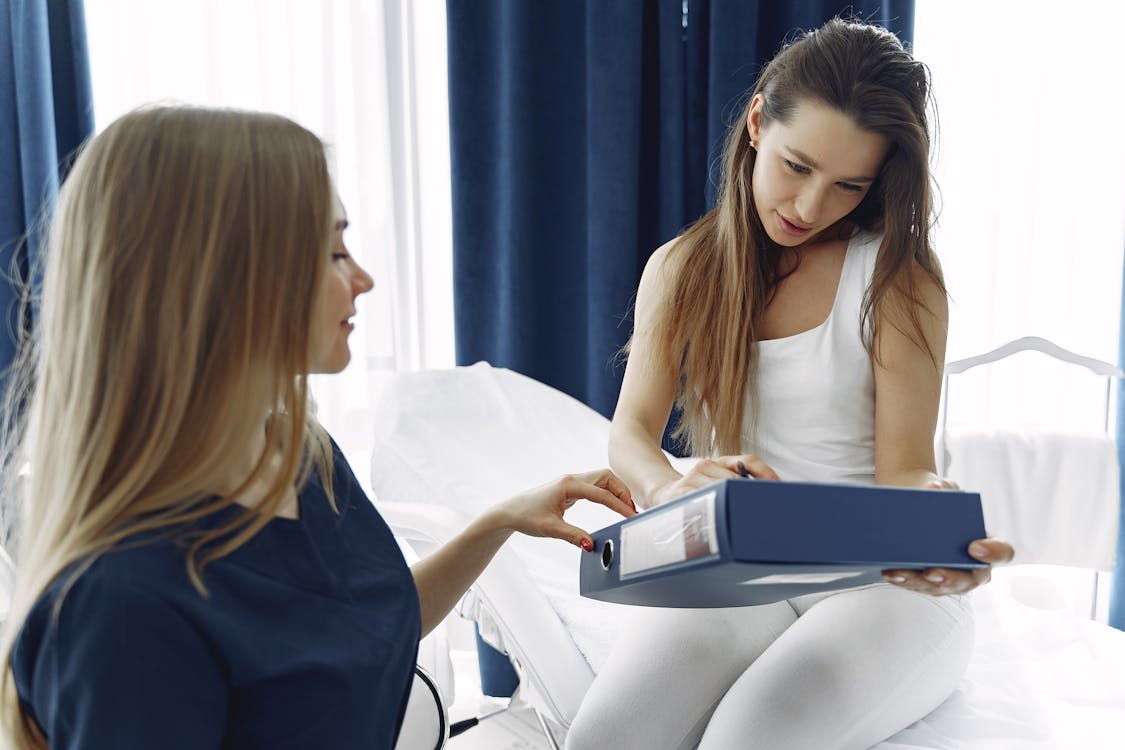Stress Incontinence - Tips on Managing It
Jessica Lubahn 3 min read

What Is Stress Incontinence?
As a urologist, as well as the creator of incontinence underwear, I am often asked about stress incontinence and how to manage it. Stress incontinence is the uncontrolled release of urine during any physical movement that squeezes your bladder. It's not the same as other types of incontinence. This sometimes awkward condition can happen when the bladder is under sudden physical pressure. Exercises that can put this “weight” on your bladder include coughing, laughing, jumping, and lifting heavy objects.
What Causes Stress Incontinence?
Stress incontinence happens when your pelvic muscles become weakened or stretched out. These muscles create muscular "frame" that lines your pelvis. They help to hold up your bladder and control the release of urine. Things like aging, as well as pregnancy and childbirth can damage or weaken these muscles.
Who Is Most Likely to Get Stress Incontinence?
Stress incontinence is seen more often in women than men and it can happen at any age, but is often brought on by things like pregnancy and also becomes more common as you get older.

Factors That Can Increase Your Chance of Developing Incontinence
Food and beverages that can worsen incontinence:
- liquor and beer (really any alcohol)
- caffeinated beverages (coffee, tea, sodas)
- high-sugar beverages
- smoking
- compounds found in chocolate
Health Conditions That Can Worsen incontinence:
- having a UTI
- being overweight or obese
- conditions that cause a cough
- medications like diuretics
- chronic health conditions like MS, diabetes, and others.
Why Many People Don’t Seek Treatment for Stress Incontinence
Even though it is so common, it is sometimes hard to talk about incontinence with others or even with your physician. Trust us, your physician has seen this countless times and will not be surprised to hear about your issue! The more people talk about incontinence, the less of a stigma will surround it.

What Treatments Work for Stress Incontinence?
Treatment choices include:
- changing diet and lifestyle habits that might be making it worse
- changing any medications that are making it worse, if possible
- trying medications that can reduce incontinence
- depending on the cause, there may be non-surgical devices you can use
- doing exercises that can help strengthen muscles that reduce incontinence
- surgery, which is usually a last resort
Kegel and Pelvic Floor Exercises for Incontinence
These exercises can help strengthen your pelvic floor muscles and the muscles that squeeze to keep urine from leaking. There are even devices on the market that help you do this, both for strengthening as well as biofeedback devices that help you sense those muscles better.
Vaginal Pessary for Incontinence
Pessaries are small devices that are inserted in the vagina to provide support to your bladder and also put pressure on the urethra which is the tube that urine passes through to get out of the body.
Absorbent and Leakproof Underwear
To manage the occasional leak, incontinence underwear like ONDRwear brand underwear are a great option. They allow comfortable leakproof protection for stress incontinence without feeling like you are wearing a diaper.

 BACK TO Blog
BACK TO Blog





